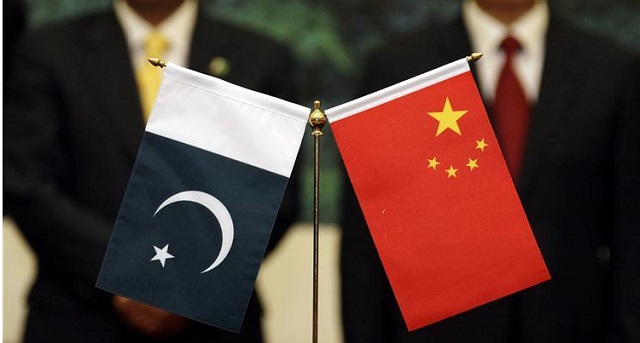ISLAMABAD: Pakistan is accelerating efforts to establish a comprehensive National Carbon Trading Framework, with China emerging as a key partner in the country’s drive to monetize climate action and strengthen environmental governance.
The initiative aligns with Article 6 of the Paris Agreement, which allows countries to trade carbon credits as part of their emission reduction strategies. For Pakistan — a nation with low per capita emissions but high vulnerability to climate change — the framework offers an opportunity to translate environmental stewardship into economic gains.
Pakistan’s collaboration with China and international organizations focuses on developing a transparent, market-based mechanism for carbon credit generation, particularly in energy transition, forestry management, and sustainable construction. Recent initiatives, including large-scale mangrove plantation projects covering nearly 14 million trees, are being aligned with global carbon credit systems.
According to Muhammad Saleem Shaikh, Climate Analyst at the Ministry of Climate Change and Environmental Coordination, Pakistan’s partnership with China will emphasize the transfer of expertise and operational experience from Beijing’s world-leading carbon market — one of the largest and most effective in the world.
“China has demonstrated unmatched leadership in carbon trading, especially in the energy and transport sectors,” Shaikh said. “Pakistan aims to benefit from China’s regulatory frameworks, policy design, and technical expertise to accelerate its readiness for a functioning domestic carbon market.”
Pakistan is also engaging Chinese experts and global institutions to design robust monitoring and verification systems, ensuring environmental integrity and attracting green investment — building on China’s successful experience of linking carbon trading with economic transformation. –Agencies





